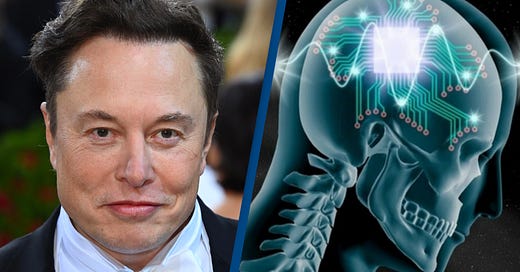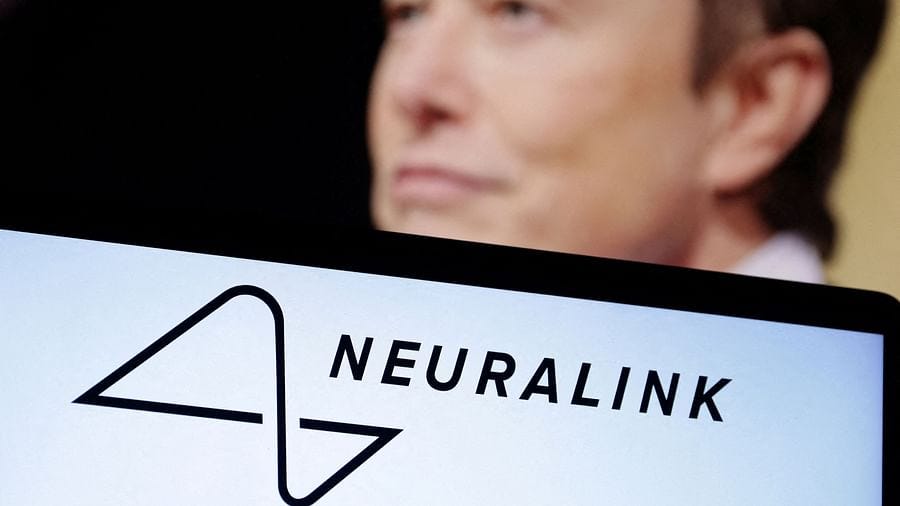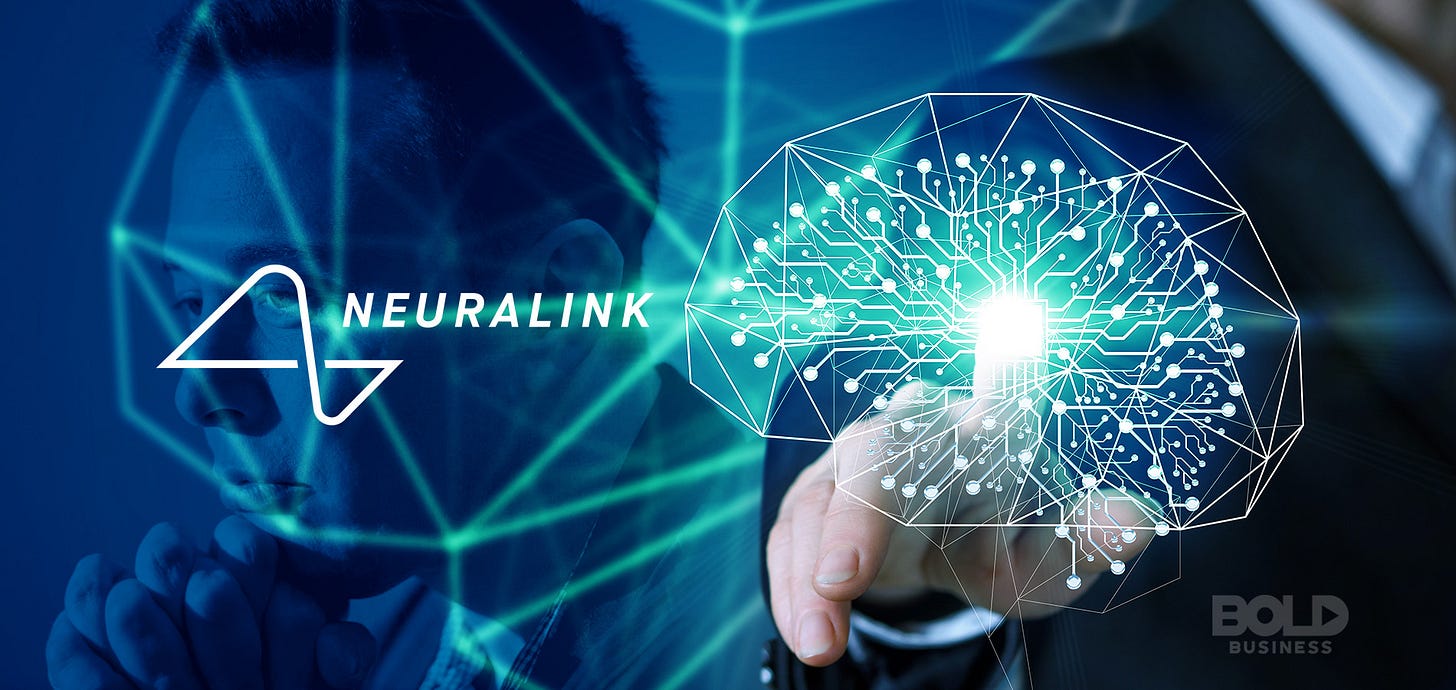Elon Musk: "The first human patient will soon receive a Neuralink device."
Neuralink Announces First-in-Human Clinical Trial: A Leap Toward Restoring Full Body Movement.
Elon Musk's Groundbreaking Tweet
Elon Musk just broke the news on X (formerly Twitter) that the first human patient will soon receive a Neuralink device. His full tweet states: "The first human patient will soon receive a Neuralink device. This ultimately has the potential to restore full body movement. In the long term, Neuralink hopes to play a role in AI risk civilisational risk reduction by improving human to AI (and human to human) bandwidth by several orders of magnitude. Imagine if Stephen Hawking had had this."
The Visionary Behind Neuralink: Elon Musk's New Frontier
Elon Musk, known for his ambitious and pioneering ventures, is the driving force behind Neuralink. Founded in 2016, the company reflects Musk's relentless pursuit of technological innovations that have the potential to benefit humanity on a grand scale. With Neuralink, he is focusing squarely on the untapped potential of the human brain, harnessing technology to transcend its limitations and offer unprecedented possibilities for treatment, communication, and even cognition.
Neuralink's Mission: Uniting Humanity and Technology
Barely 7 years old, Neuralink aims to revolutionise neurotechnology through its advanced brain-computer interfaces (BCIs). The FDA-approved, implantable devices use thousands of microelectrodes to wirelessly communicate with external gadgets. Initially targeting individuals with paralysis, the firm plans to empower them to control computers using thought alone. Beyond medical applications like treating Alzheimer's and epilepsy, Neuralink harbours ambitions to enhance human cognition. While still in its infancy and subject to ethical and safety considerations, the technology has the potential to transform both healthcare and human-machine relations. The company's broader vision also includes pioneering new forms of communication and mitigating risks associated with the rise of advanced AI, setting it apart in the neurotechnology landscape.
Official Announcement from Neuralink: The PRIME Study
The company today announced the commencement of its groundbreaking first-in-human clinical trial, known as the PRIME Study (Precise Robotically Implanted Brain-Computer Interface). Following approvals from an independent institutional review board and the first hospital site, the study has also received the FDA's investigational device exemption (IDE). The primary aim is to evaluate the safety and initial performance of Neuralink's fully implantable, wireless brain-computer interface (BCI), including the N1 Implant and the R1 surgical robot. The trial will focus on assisting individuals suffering from paralysis due to cervical spinal cord injuries or ALS, enabling them to control external devices through thought alone.
During the trial, the R1 robotic system will be used to surgically implant the ultra-thin threads of the N1 device into a specific brain region that controls movement intention. Once in place, the N1 Implant is designed to wirelessly transmit brain signals to an application, which decodes the data into movement intentions. This allows participants to control a computer cursor or keyboard solely via their thoughts. The initiation of the PRIME Study marks a significant step in Neuralink's broader mission to restore autonomy to individuals with unmet medical needs.
The Dawn of Man-Machine Integration
What we're witnessing surpasses even the boldest visions outlined in science fiction. Although medical implants such as cardiac pacemakers have long been part of medical practice, the advent of brain-embedded microchips capable of two-way communication with external devices marks a transformative shift in the healthcare landscape. This groundbreaking venture into neurological enhancements signifies a quantum leap in medical science, offering the unprecedented possibility of restoring or even augmenting impaired brain functions.
A New Horizon but Proceed with Caution
The announcement ushers in a new era of optimism for patients who had lost hope of regaining their mobility. Nonetheless, it's imperative to approach this revolutionary advancement with a degree of caution. As this technology is still in the initial stages, there are ethical and safety concerns to be considered, such as the risk of mind control or social inequality.
Elon Musk: The Genius Behind the Commonwealth
Elon Musk, the mind behind this unprecedented innovation, exemplifies a rare blend of groundbreaking inventiveness and keen entrepreneurship. Operating primarily with market support and minimal special funding from governments, he embodies the concept of a Global Commonwealth. His ventures have the potential to drastically improve the human condition and redefine our interaction with the world.
The promises of Neuralink are grand, but as with all novel technologies, they should be approached with discernment and ethical consideration. Nonetheless, this announcement marks a significant milestone in humanity's quest for betterment and autonomy.
BONUS: For a unique perspective, double-click on the link to explore Bilawal Sidhu's insightful commentary on “Neuralink”, portrayed as a singular but integral component of Elon Musk's grand technological mosaic.







What’s a chief patron